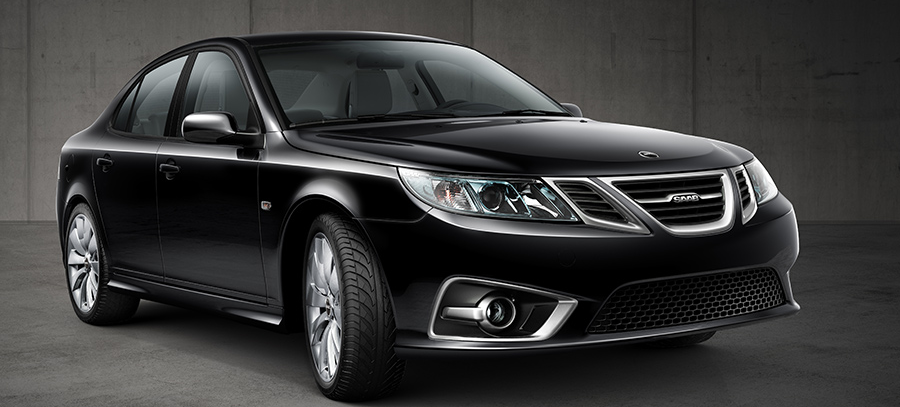Saab Rises From The Dead… Sort Of
 Created as a post-war offshoot of a Swedish aircraft manufacturer, Saab crashed to the ground in recent years, with the bankrupt luxury vehicle brand being kicked around between various new owners before finally landing at the feet of investors from China and Japan. Now the once-great car brand is back in production, but don’t hold your breath waiting to see new Saab vehicles in your neighbors’ driveways in the near future.
Created as a post-war offshoot of a Swedish aircraft manufacturer, Saab crashed to the ground in recent years, with the bankrupt luxury vehicle brand being kicked around between various new owners before finally landing at the feet of investors from China and Japan. Now the once-great car brand is back in production, but don’t hold your breath waiting to see new Saab vehicles in your neighbors’ driveways in the near future.
Saab’s new ownership, National Electric Vehicle Sweden AB, announced yesterday that it had begun production on the Saab 9-3 Aero Sedan at the company’s plant in Trollhättan, Sweden.
But rather than focus on re-breaking the American market, the car will be sold online and primarily in Sweden and China, which NEVS has designated as its target audience.
(Tangent: Kurt Vonnegut opened the first Saab dealership in the U.S. in 1957. He was only able to keep it open for about a year, which was ultimately a good thing for 20th Century literature.)
NEVS is being cautious about churning out too many cars, only manufacturing about 10 per week to start and then ramping up if customer demand is there. The company may also be limited by its remaining stockpile of GM-supplied 2-liter engines that remain from when the American car biggie sold Saab to specialty car maker Spyker in 2010.
The new 9-3 will go on sale online next week, selling for about $42,000.
Though the NEVS name would imply that this Saab is an electric vehicle, the first 9-3s to be produced will be gas-powered, with an EV version set to come in the new year. The company will market that car heavily in China.
“Our aim is to be a front runner in the automotive industry, with focus on electric vehicles, where China is our initial main market,” writes NEVS in a statement. “The pace of change towards cars powered by fossil free fuels will increase and China currently has the most ambitious efforts for electrification of the vehicle fleet.”
Want more consumer news? Visit our parent organization, Consumer Reports, for the latest on scams, recalls, and other consumer issues.

